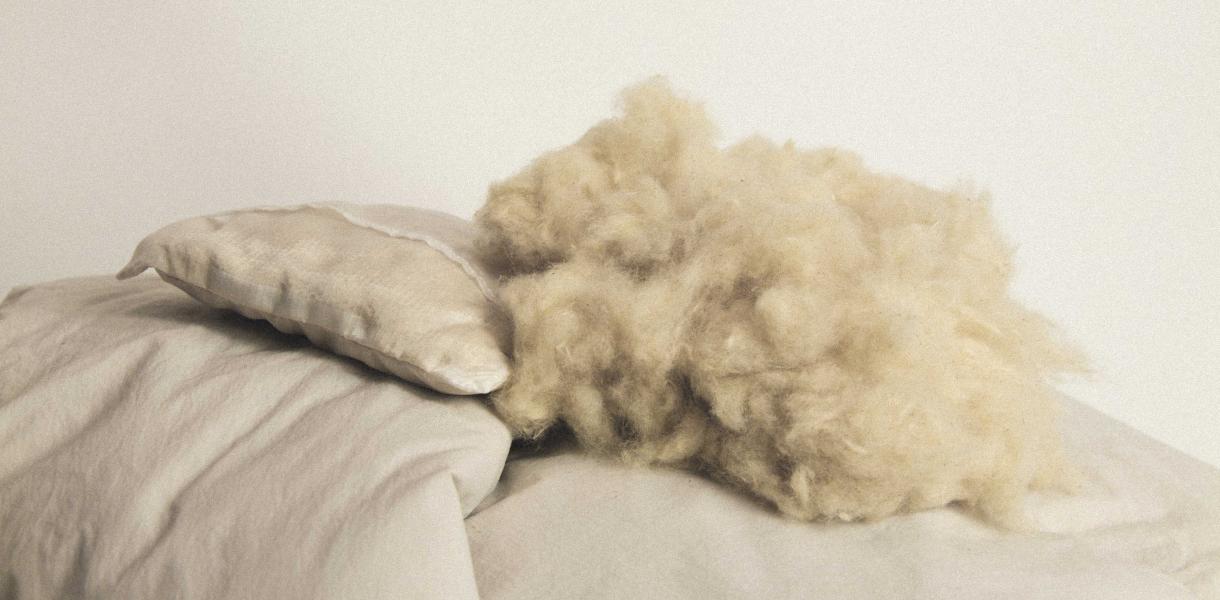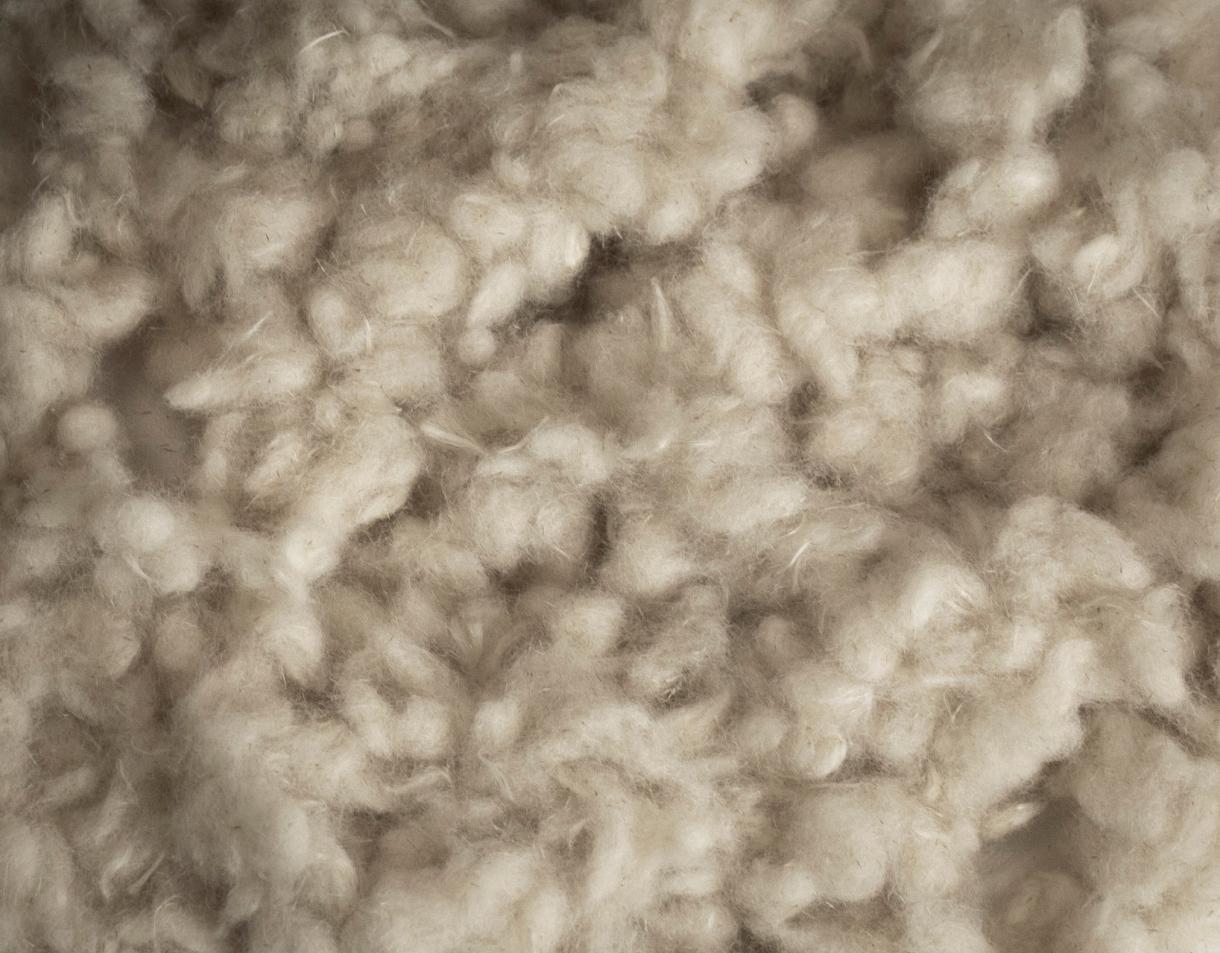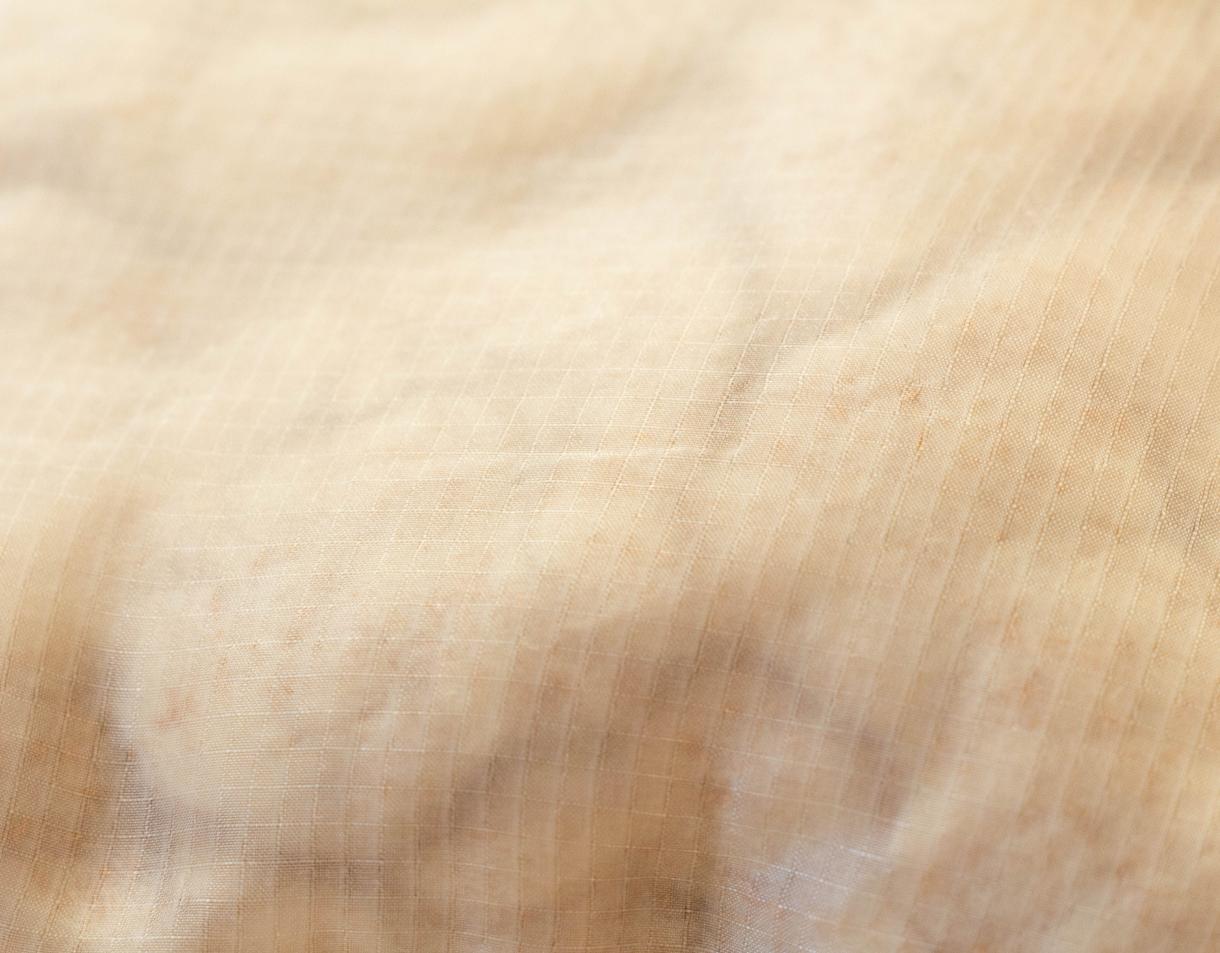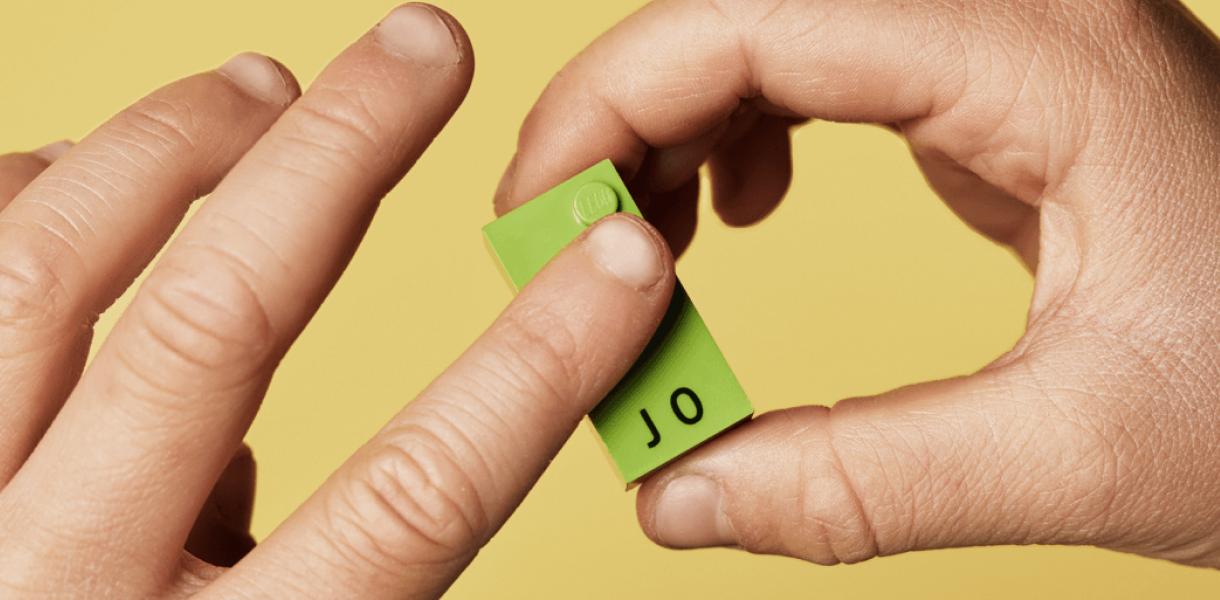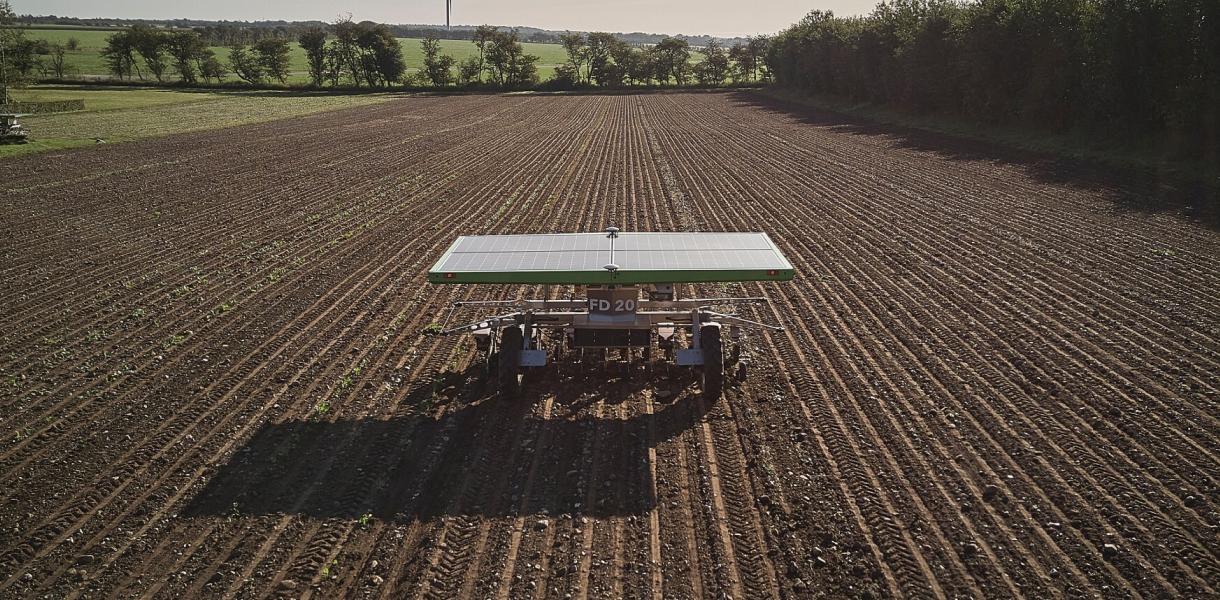What’s the design in a nutshell?
Planet Positive Textiles, and the company behind it SaltyCo, is pioneering symbiotic connections with nature through plant-based textiles. At the core of everything SaltyCo does is the ambition to tip the scale; materials need to start healing the planet, instead of threatening it.
Why is it needed?
The fashion industry is known for both harnessing resources and harming the planet. We know about the poor working conditions, the toxic fumes, the waste produced by fast fashion, and here’s another issue that needs addressing: freshwater. The industry is the third-largest user of water globally and around 2% of all freshwater extraction globally. On average, it takes 10,000 litres of water to produce one kilogram of raw cotton, and here’s the real kicker: The fashion industry currently uses enough water to quench the thirst of 110 million people for an entire year.
Brands are aware of this and looking for alternative textiles, a market that’s been booming over the last couple of years. But to SaltyCo, it’s important that we don’t just swap textiles for ‘greenwashing’ purposes – they believe healing the planet comes with actively disrupting supply chains on scale whilst continuing to place the environment first.
How does it work?
They grow salt-tolerant plants completely freshwater-free on salt marshes, which are some of the most planet-healing spaces in the world. The salt plants instead grow in natural seawater. Their first product is BioPuff®, a plant-based fibrefill used as an alternative to goose-down and synthetic fills. Both carbon neutral and compostable, the fibres are extracted from plants grown in blue-carbon ecosystems, which are designed by nature to sequester tons of carbon.
"On average, it takes 10,000 litres of water to produce one kilogram of raw cotton."
How does it improve life?
The Planet Positive Textiles aim to do no harm. Animals, plants, people and the planet shouldn’t be threatened by the production of their materials. Their ecosystems are kept safe and diverse, and they even align their harvest cycles with nesting patterns of migrating birds in the area. They believe this is key to producing clothes, where nature and biodiversity are allowed to flourish.
Furthermore, the supply chain is designed to be dynamic and scalable, as they’re hoping to bring their practices all over the world.
What’s the impact to date or projected impact?
To the four founders of SaltyCo, their road to success lies in their different backgrounds brought together by a clear mission and vision. They have the technical knowledge to develop an exceptional product and the strategic expertise to align interests with current trends and partners.
So far, they’ve introduced their BioPuff® material, but will also be able to launch non-woven and woven fabric in the future. The latter could possibly resemble and replace linen and cotton, while their non-woven textile has been showcased and used as faux leather and for accessories.
